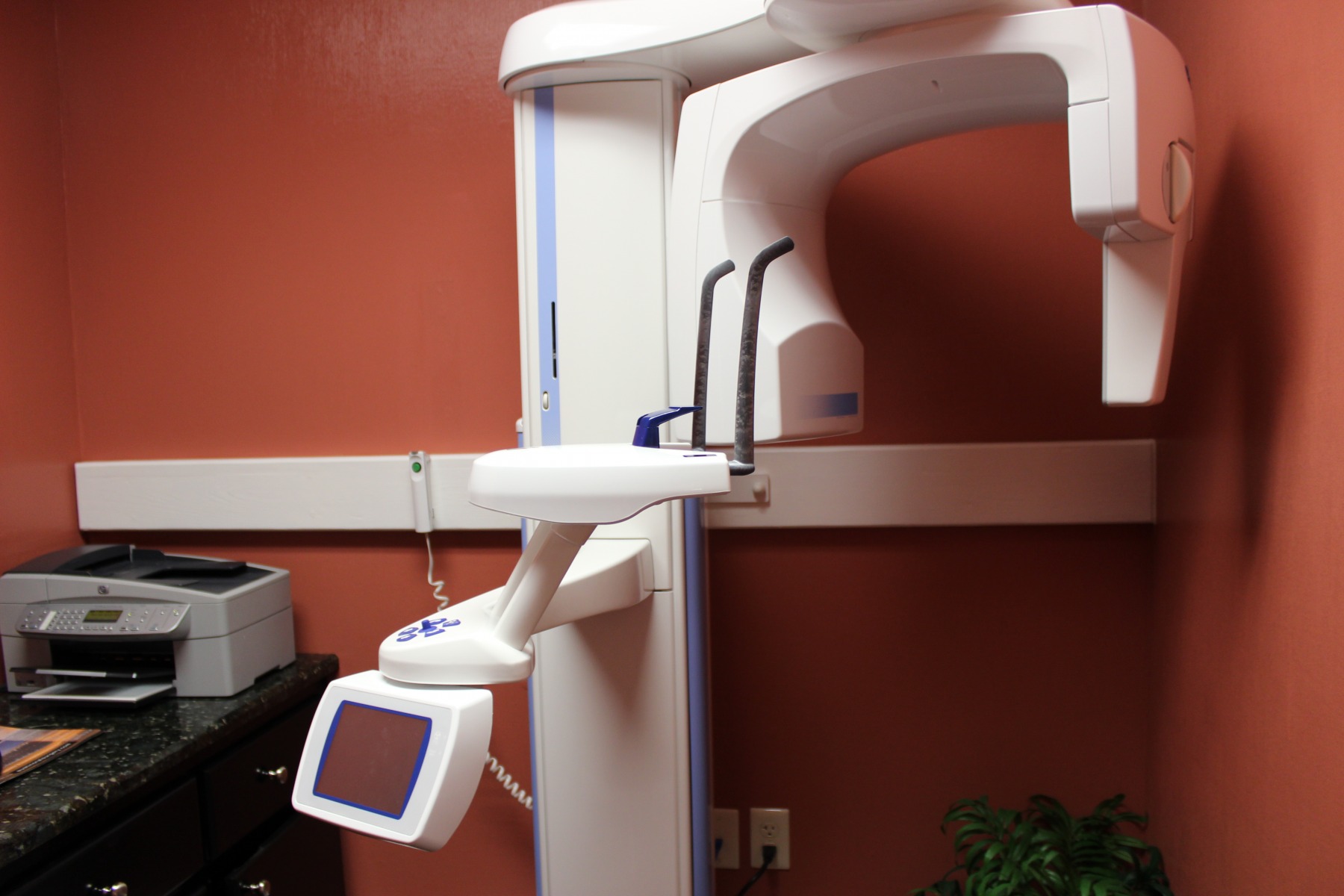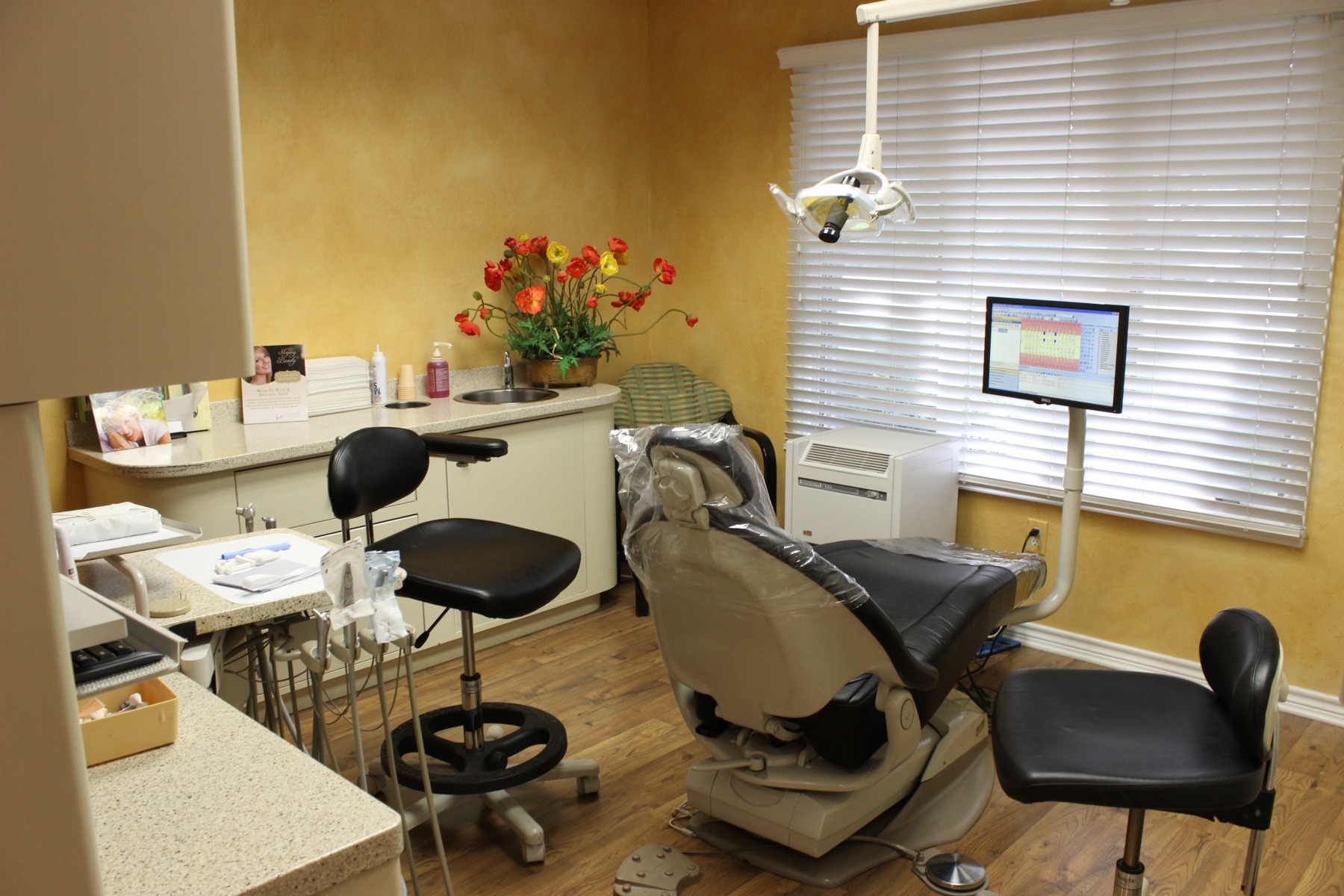Dear Patient,
Thank you for entrusting your dental health to us. Our practice philosophy is simple. We want you to have the healthiest mouth and most attractive smile that dental art and modern science can provide. We also have a strong commitment to preventive dentistry. In order to prevent as much disease as possible and recommend sensible treatment options based on your individual needs, our dental examinations are absolutely thorough and meticulous, using the latest diagnostic tests, including some you may not have seen before.
Until recently, there simply weren’t any tests capable of detecting early periodontal (gum) infections. X-rays could detect bone loss and periodontal probing could measure tissue loss, but only after the destruction had already occurred. You’ll be glad to know that there are now sophisticated microbiological tests that can detect early gum infections, sometimes before any damage has occurred.
Periodontal diseases are casued by specific types of bacteria. If you’re infected, the inflammation slowly destroys gums and supporting bone. Gum infections can also affect your entire body, significantly increasing the risk of heart disease, strokes (300% greater risk), diabetes, rheumatoid arthritis and oral cancer. In women, they increase the risk of pre-term births by 700%! More teeth are now lost to periodontal diseases than to tooth decay!
Thirty percent of children are already infected as are 90% of adults. Thirty-seven percent of adults have severe forms of the disease but, becasue it’s usually painless, most people aren’t even aware they have it. You should also know that periodontal infections are contagious. If you’re infected, there’s a high chance that those close to you, including children, may also be infected.
Our office is now equipped with a state-of-the-art Phase Contrast Video Microscope. By looking at the kinds of bacteria in your mouth, we can tell in a few minutes whether you’re infected with high risk bacteria much earlier than was possible even a few years ago. If you are infected, there are several treatment options. We’ll explain the benefits of each to help you make the best treatment decision based on your personal needs and financial situation. (In addition to traditional treatment options, we include anti-infective combinations of professional and home care.)



